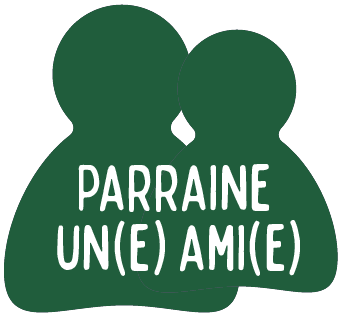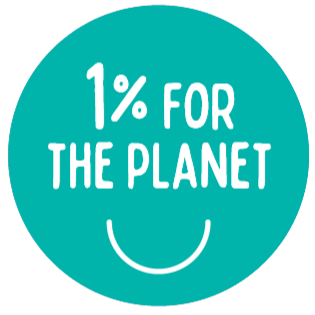
What’s lurking in your fridge?
A neglected fridge is a playground for bacteria, with salad drawers housing an astonishing average of 7,850 bacteria units per square centimetre. To put this into perspective, the recommended bacteria count per square centimeter typically ranges from 0 to 10 units. Yikes!
While not all bacteria are bad, food poisonings are one of the top reasons of making people ill. So extra care should go to proper cleaning of the fridge.
What does scientific research say?
Many studies have been performed throughout decades to uncover the inhabitants of kitchens and their fridge. The studies concluded consistently that there were always some type of potentially dangerous bacteria present, and that consumers can do much more to protect themselves from nasty diseases.
For intance, in an Italian study, researchers swabbed 293 domestic refrigerators and discovered Aeromonas, Salmonella, Bacillus and coagulase positive Staphylococci species.
Aeromonas, Salmonella and bacillus bacteria are associated with gastrointestinal infections and diarrhea, while staphyllococcus bacteria can cause mild to severe skin infections and even pneumonia.
At the bottom of the fridge, more bacteria were found than at higher shelves or walls. The researchers concluded their paper stating that it is necessary to better educate consumers to clean their appliances more frequently. Get the message?

Proactive Prevention
You can easily avoid horror scenarios by maintaining healthy conditions in your fridge and freezer. Start with a temperature check – keep your fridge below 5°C and your freezer below -15°C to limit bacterial growth. Usually, bacteria don’t like chilly temps and will go into an inactive mode and multiply very very slowly. There is one notorious exception: Listeria monocytogenes, a bacterium that multiplies faster than gossip at a tea party when temperatures rise just a little bit above 5°C.
Regular cleaning rituals are your secret weapon – clean up spills promptly, sanitize surfaces diligently, and replace worn-out seals to maintain temperature stability.
Check temperatures of the freezer regularly, avoid overcrowding, and bid adieu to defrosted foods – once they thaw, there's no going back.
Food storage
The battle doesn't end with cleanliness – strategic food storage is key! Keep high-risk items like raw meats away from ready-to-eat foods to prevent contamination. Invest in sturdy, airtight containers to shield your edibles from microbial mischief-makers. Don’t keep your eggs openly in the door of the fridge, but leave them in the purchased boxes. Check expiration dates carefully and last but not least, when you are in doubt, throw it out!
En savoir plus
-

GAGNE UN VOYAGE À DISNEYLAND !
Pendant que les petits nettoyeurs YOKUU continuent de travailler pendant des jours, tu pourrais vivre comme un roi à Disneyland Paris ! Nous offrons un voyage tout compris à Disneyland...
GAGNE UN VOYAGE À DISNEYLAND !
Pendant que les petits nettoyeurs YOKUU continuent de travailler pendant des jours, tu pourrais vivre comme un roi à Disneyland Paris ! Nous offrons un voyage tout compris à Disneyland...
-

LES BACTÉRIES DE YOKUU ONT-ELLES UN IMPACT SUR ...
Lorsque vous entendez le mot bactéries, cela peut provoquer des sentiments mitigés. D'un côté, vous pensez aux maladies, mais d'un autre côté, certaines bactéries sont bénéfiques et contribuent naturellement à...
LES BACTÉRIES DE YOKUU ONT-ELLES UN IMPACT SUR ...
Lorsque vous entendez le mot bactéries, cela peut provoquer des sentiments mitigés. D'un côté, vous pensez aux maladies, mais d'un autre côté, certaines bactéries sont bénéfiques et contribuent naturellement à...
-

2024 : L’ANNÉE DES MICROBES
Les microbes sont partout : dans l’air, sur notre peau et même dans nos produits de nettoyage (coucou YOKUU !). Mais saviez-vous que 2024 a encore été une année pleine de...
2024 : L’ANNÉE DES MICROBES
Les microbes sont partout : dans l’air, sur notre peau et même dans nos produits de nettoyage (coucou YOKUU !). Mais saviez-vous que 2024 a encore été une année pleine de...












